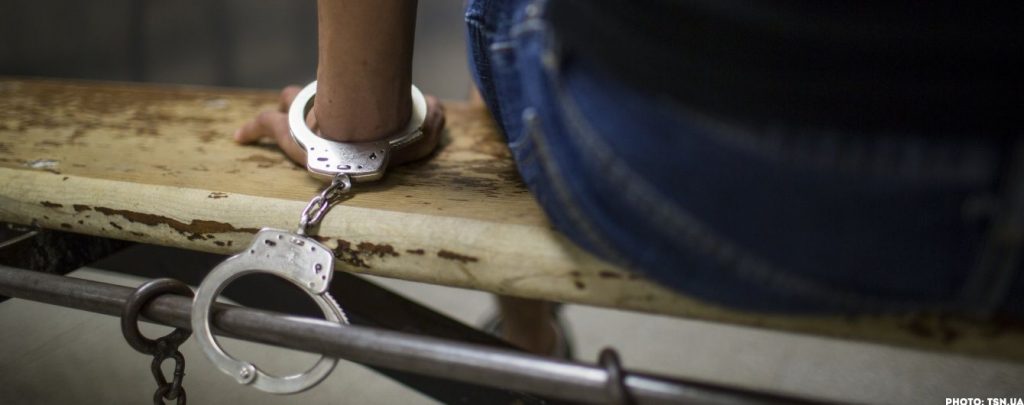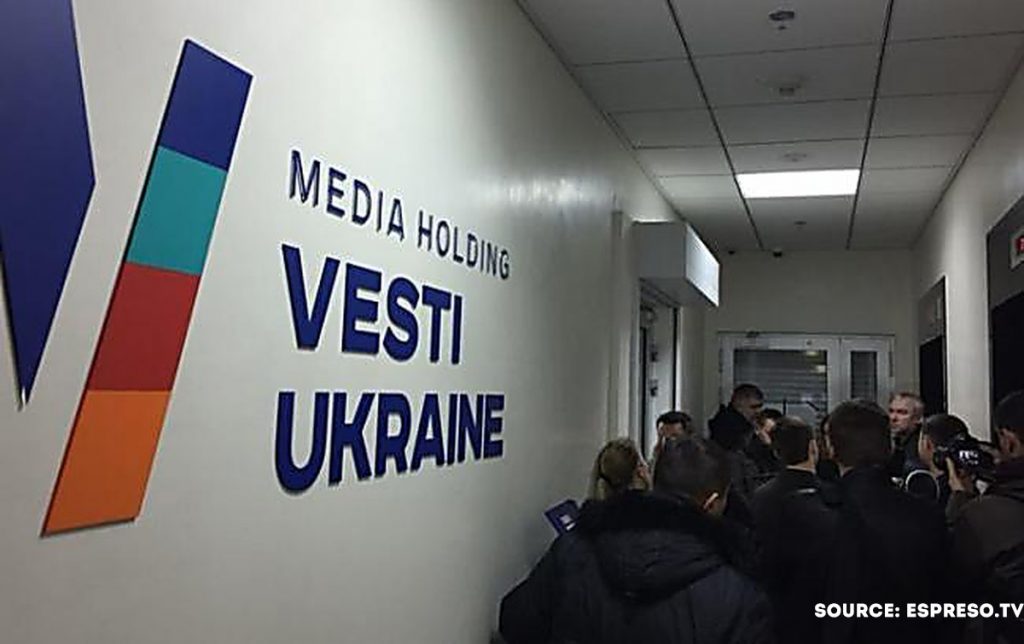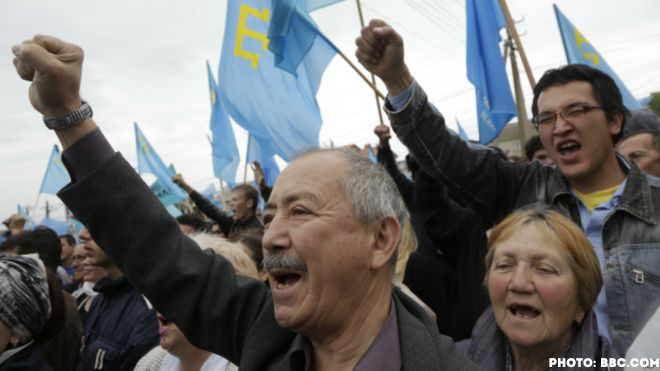Human rights violations in temporarily occupied territories, inappropriate treatment by law enforcement officers, secret detention facilities, failure to ratify Istanbul Convention, pressure on anti-corruption activists, lack of tolerance to LGBT community and frequent impunity of perpetrators are mentioned as key human rights problems in Ukraine in 2017 in Amnesty International report.
Crimea. Amnesty International reports continued human rights violations in the Russia-occupied Crimea. “The clampdown on the rights to freedom of expression, association, and assembly continued in Crimea. The authorities continued to predominantly target ethnic Crimean Tatars,” the report says. The organization also notes the ongoing arbitrary ban on the Mejlis of the Crimean Tatar People, a self-governing body representing the ethnic Crimean Tatars.
Law enforcement. Ukraine’s law enforcement keep using torture and other ill-treatment methods, Amnesty International Ukraine claims. According to the report, representatives of the law enforcement agencies yet again took to torture and other ill-treatment practices. At the same time, the report goes, following the research on the secret detention facilities of Ukraine’s Security Service earlier released by Amnesty International, 20 persons were freed from such detention places. However, the appropriate investigation has failed to follow, the victims remained procedural witnesses in the respective cases.
Ukraine’s Ministry of Justice responds. Deputy Minister of Justice Denys Chernyshov stated in 2017 no cases of torture were recorded in the Ukrainian penitentiary system. He said, last year the European Committee for the Prevention of Torture completed its work in the country. They registered no cases of torture, and there is no single reason not to believe their conclusion.
Pressure on anticorruption NGOs. Human rights activists are concerned with the government’s growing pressure on anti-corruption activists and NGOs, in particular, the demand to submit e-declarations of assets and a draft law (not adopted yet) introducing some more complicated financial reports for NGOs.
Clampdown on the freedom of expression. The report also mentions the law enforcement raids to the offices of media group of companies “Vesti” and “Strana.ua”, deportation of four foreign journalists (two from Spain and two from Russia) on demand of Ukraine’s Security Service on allegation of “threatening Ukraine’s national interests”, as well as taking into custody freelance journalist Vasyl Muravytskyi, who cooperated with Russian media, on allegation of “spreading anti-Ukrainian materials”. Human rights defenders also point to the lack of progress in investigations into the murders of journalists Oles Buzyna (2015) and Pavel Sheremet (2016).
Failure to ratify the Istanbul Convention. Amnesty International calls to ratify the Istanbul Convention (the Council of Europe Convention on preventing and combating violence against women and domestic violence) as quickly as possible in order to ensure higher efficiency in countering domestic violence.
Lack of tolerance to LGBT. The report welcomes the 2017 Equality March in Kyiv that turned to be the biggest in terms of the number of its participants and had all due security measures in place. At the same time, the report emphasizes, intolerance to LGBTI stays high in the society as in 2017 the number of violent attacks upon the representatives of this community grew.




